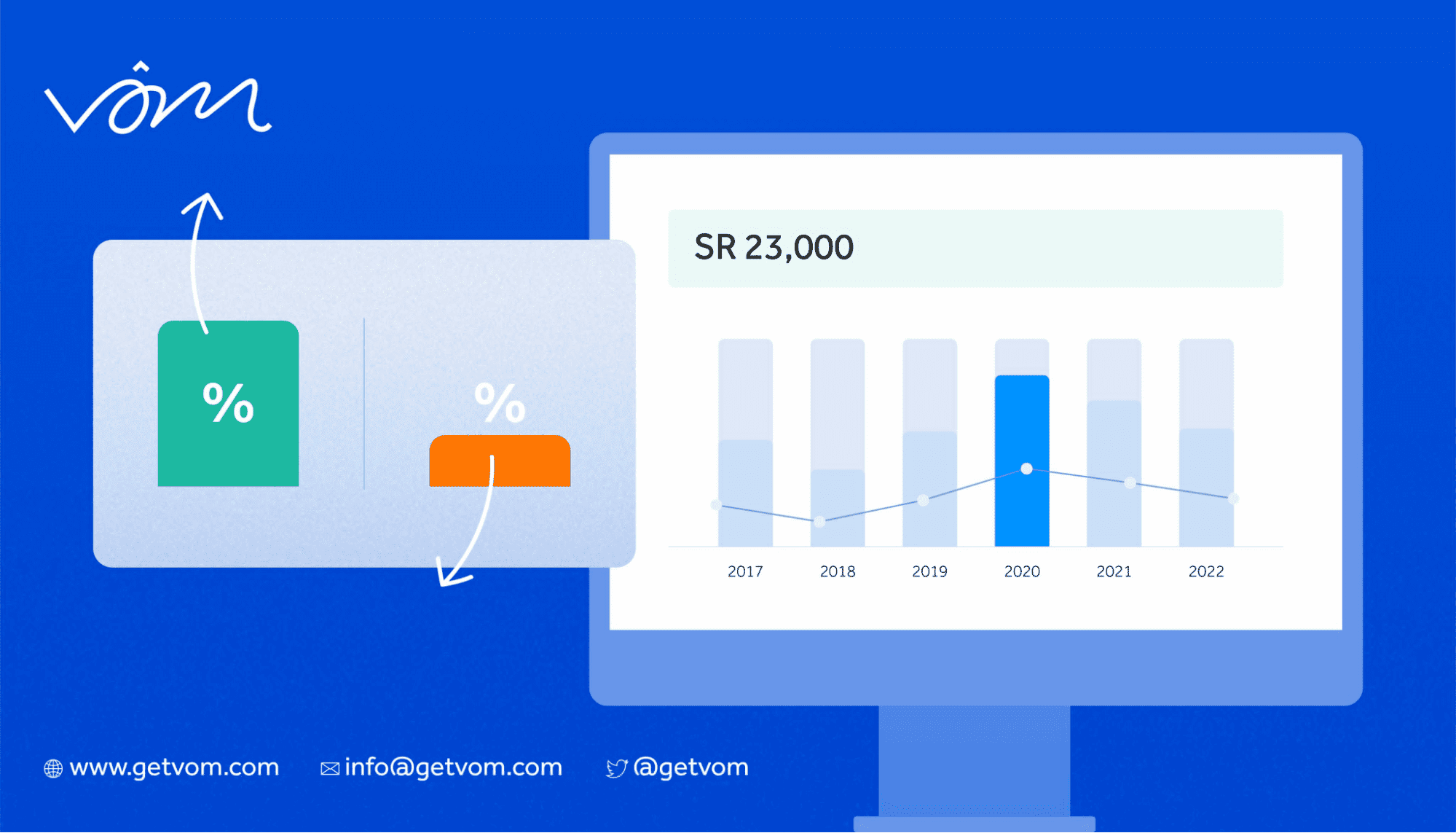Modern technology has changed the accounting industry like many other fields. Accountants no longer sit at a desk with a ledger, adding machine, and stack of receipts.
Accounting tasks in office and corporate setup have been transformed by computers and cloud-based accounting software.
In the first, accounting using technology was done through programs on the computer of the accountant. Among the calculations and accounting programs that were used were Peachtree and Microsoft Excel. With Quicken and Quick Books software from Intuit.
NetSuite pioneered the concept of cloud-based accounting, where the application and data are stored on a different server in the late 1990s. Later in the early 2000s, New Zealand-based company Xero produced a cloud-based accounting software system that quickly gained significant market share in Australia and New Zealand.
However, traditional US-based computer-only accounting firms such as Intuit have recognized the benefits of a cloud-based system and have migrated to the cloud over time.
Cloud accounting Adaptable enough to improve operations in both small and large companies. Instead of all the information being on someone's desktop, it's saved on a remote server.
This is because the software does not need to be installed on a computer and can be accessed from anywhere with an internet connection, unlike traditional desktop software where calculations are often performed using a normal web browser anytime and anywhere.
It is one of the leading Arab companies in this field Foam Accounting Company Which offers several advantages for small, medium and even large enterprises and projects. If you think about it, you can consider trying it
Among the advantages of cloud accounting are the following:
Real time analysis:
Cloud-based accounting allows everyone in the company to access accounting data at any time. The information does not need to be prepared and then communicated to the company's employees. If the employees in the company have the login details of the accounting software account then they can run the reports and evaluate the data.
This enables management and senior executives to obtain information and make choices more quickly and not to rely on another member of the accounting team to give key information.
Protection:
Cloud computing is a secure way to access and store data because the system penetration rate is relatively low and most companies have backup storage for all customer information. However, security risks exist in both desktop and cloud storage contexts. However, large networks that host cloud-based accounting software are constantly monitored for attacks that could compromise enterprise data, and these systems are often designed with high security as a core component.
It may seem that the remote environment is less secure than the desktop, but this is not true at all. The desktop system may also lose the information in it, as is the same for cloud storage, or be hacked or stolen. Cloud data is kept on a larger, remote network and backed up regularly.
Get access at any moment:
Accounting teams, senior management and other professionals such as chartered accountants can access accounting information from anywhere at any time with cloud-based accounting. With a cloud-based system, the user can access the system from home as there is no difference between using a phone, tablet or computer since it is a browser-based tool, the user only needs an internet connection and account login details. time and money.
Customer interactions improved:
Cloud accounting may enhance the bond between external accounting staff and the company so that the company may access payroll, budget and management reports online, which makes the work of the accounting firm more visible. The second thing is that this approach works on data sharing and access in real time and this leads to an enhancement Relationships and customer service, which makes the services of an outsourced accounting firm even more valuable.
No installation or updates needed:
Software updates are one of the most difficult aspects of desktop accounting software as software is always changing and desktop users have to keep the software up to date. This requires obtaining a new disk with the existing information or downloading it again. On the other hand, the user can now download information from the Internet in any case. In cloud accounting the application is updated automatically. Every time the user logs in to the program, the browser will load the latest version, and the user rarely knows whether changes have been made.
Document storage:
Accounting is a document-intensive field. Invoices, receipts, bank statements, and other records are essential components of every accounting process, and these records require massive amounts of storage space. That's why cloud accounting makes it easier to handle and maintain these records.
Scanned documents can be saved in the cloud as a result they are freely available to anyone who can use accounting software and facilitate document sharing, audits and retrieval of research source papers. It also eliminates filing cabinets and storage units, which can save businesses a great deal of space.






